May 3, 2024 | 08:52 GMT +7
May 3, 2024 | 08:52 GMT +7
Hotline: 0913.378.918
May 3, 2024 | 08:52 GMT +7
Hotline: 0913.378.918
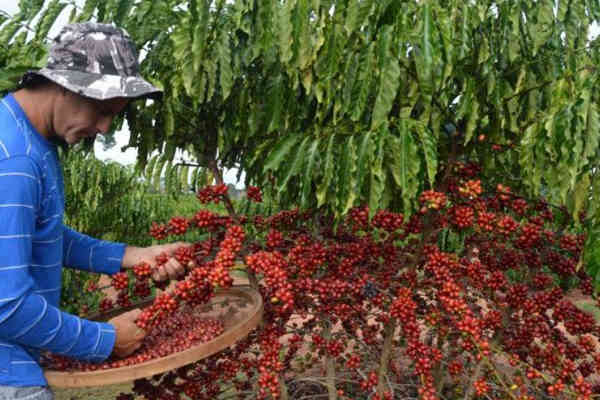
Dutch bank Rabobank, which has a strong footprint in the agricultural sector, said it now projects a global balance supply deficit of 2.6 million 60-kg bags in 2021/22 compared with 1.1 million bags seen in December.
“We trim our 2021/22 production number by just over 2 mln bags - 1.2 mln bags of this drop comes from a downward adjustment in Brazil,” the bank said in the report produced by analysts Carlos Mera and James Watson.
Rabobank now expects the new Brazilian crop at 56.2 million bags versus 57.4 million bags seen in December. The bank also reduced the expected crop out of Colombia, a producer of fine mild arabicas, by 300,000 bags to 14.1 million bags.
The deficit is not larger because the bank reduced its view for total demand by half a million bags.
“Net imports in non-producing countries continued to come in weak in Q4 2020,” the bank said, citing a 1.9% drop in what it calls “coffee disappearance” in Europe plus UK and a 9.5% drop in Japan.
Also, there is a large carryover volume from the previous season as the surplus in 2020/21 is seen at 10.5 million bags.
Rabobank thinks arabica coffee prices should not stay above $1.30 per pound (in the second contract in the New York futures chain), but said that “factors like speculation, shipping costs, and increased demand for inventories could cause that scenario.”
Coffee prices jumped 4.5% on Monday, hitting the highest level since December.
Reuters
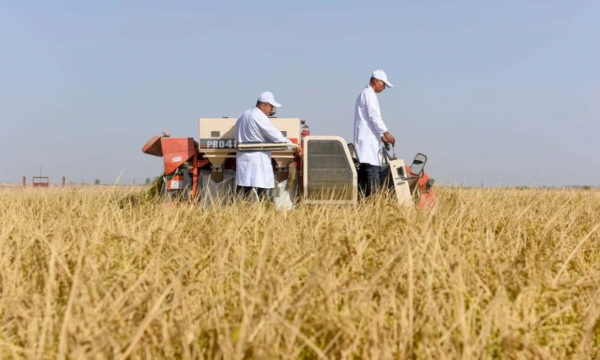
(VAN) Chinese scientists have cut the growth cycle of a conventional rice variety in half in a desert greenhouse in Xinjiang, a welcome agricultural innovation for Beijing as it seeks new methods to ensure food security.
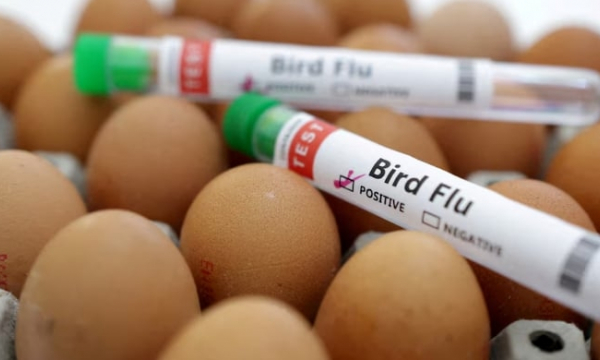
(VAN) Preliminary results of tests on additional dairy products show that pasteurization inactivates the bird flu virus, the U.S. Food and Drug Administration said on Wednesday.
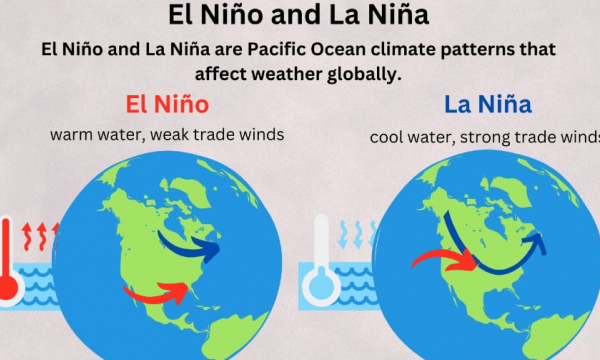
(VAN) At UNGA-ECOSOC event, FAO Deputy Director-General emphasizes the key role of anticipatory action in protecting and equipping communities ahead of shocks.
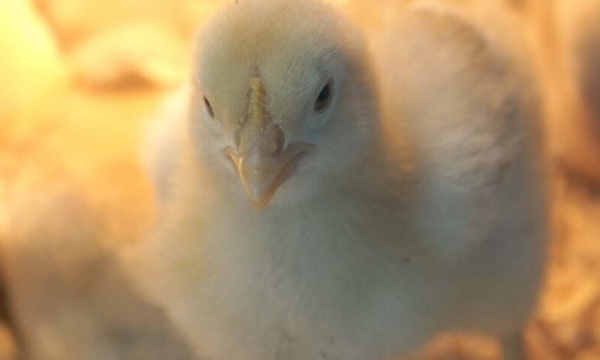
(VAN) Despite protein reduced poultry feed – better performance parameters and less burden for the environment!
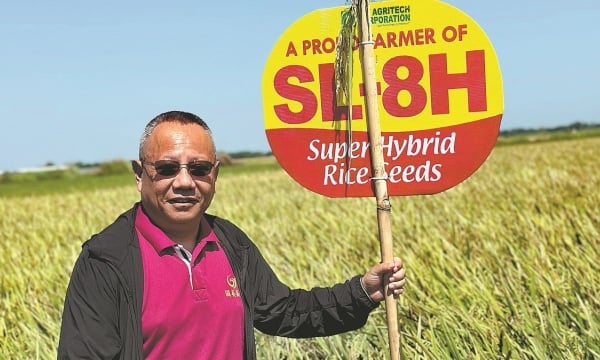
(VAN) The increased yields of a hybrid rice strain developed in China have helped countries participating in the Belt and Road Initiative to bolster their food security.
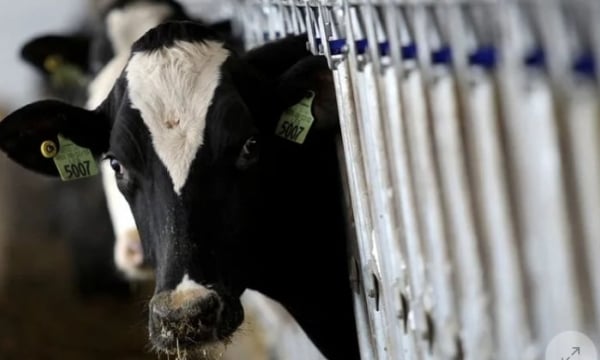
(VAN) The U.S. government said it is collecting samples of ground beef at retail stores in states with outbreaks of bird flu in dairy cows for testing, but remains confident the meat supply is safe.

(VAN) Early tests of pasteurized milk–purchased at grocery stores in areas with cows that have tested positive for H5N1–suggest that it is not infectious and wouldn’t be able to make people sick, FDA said.